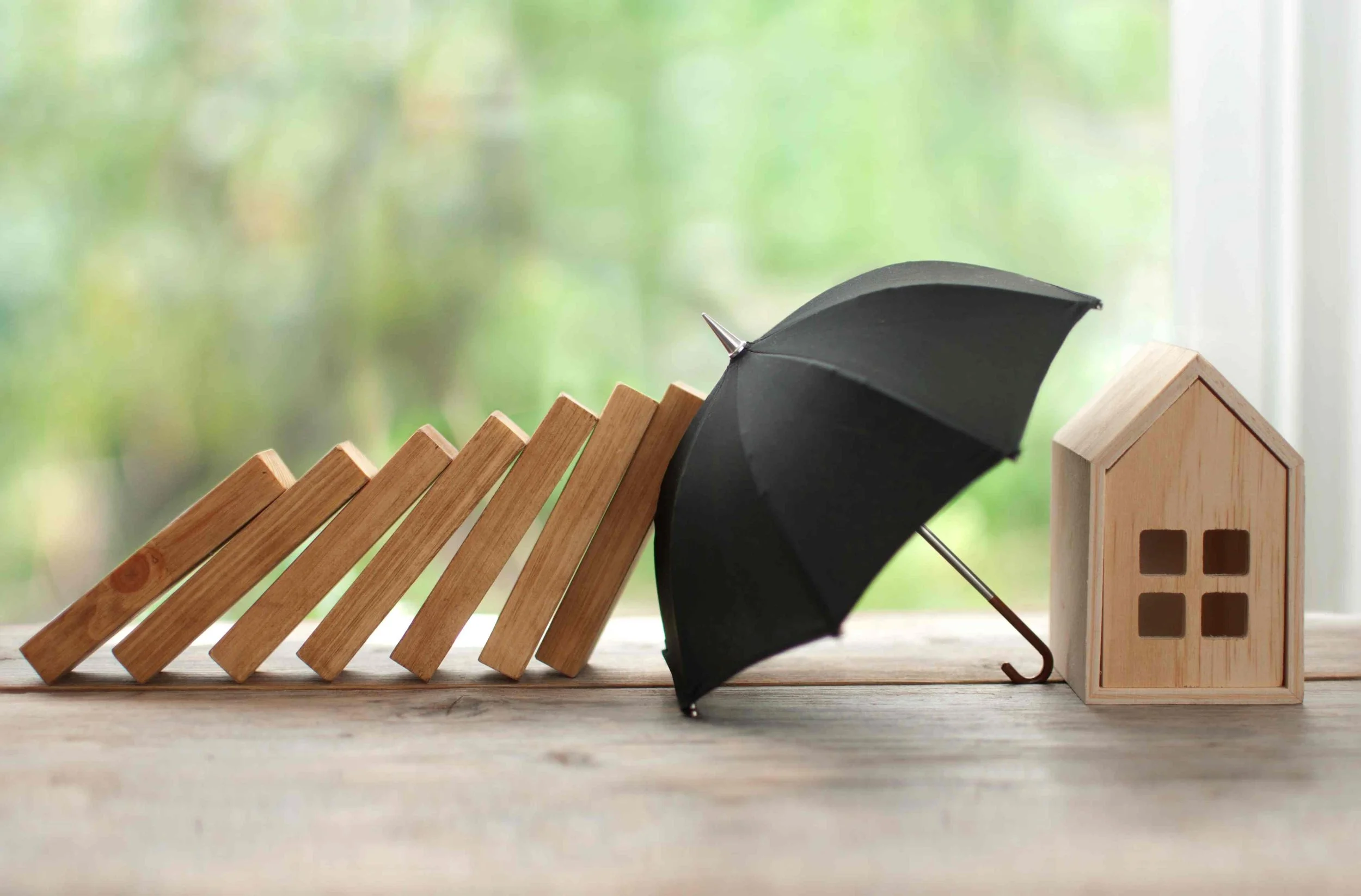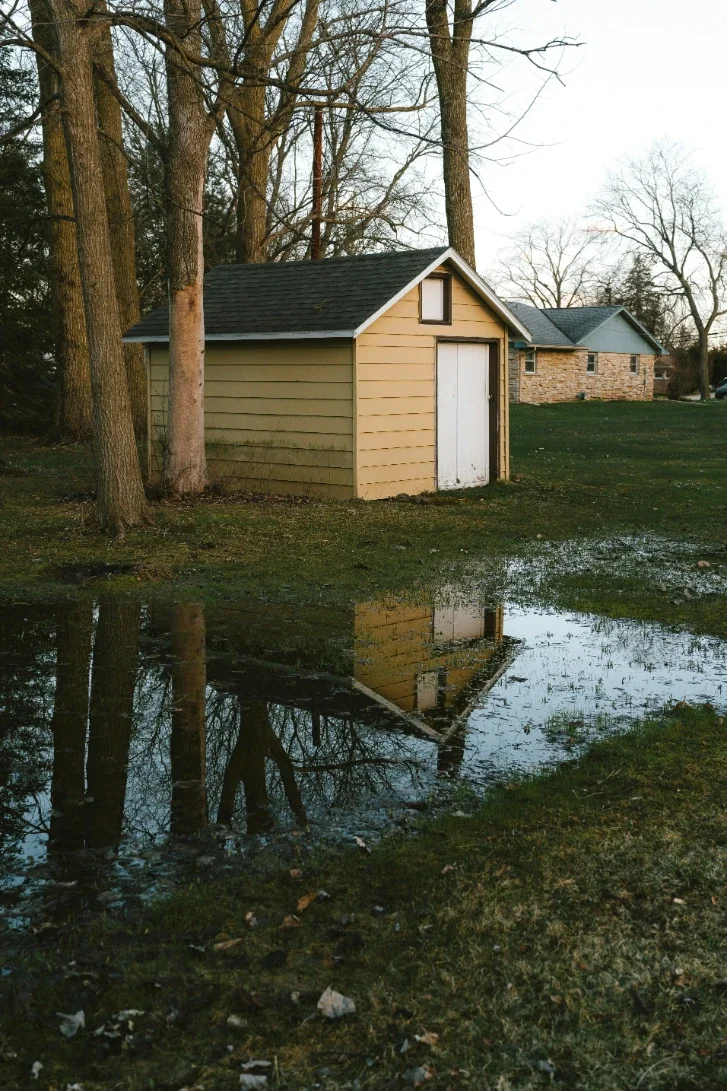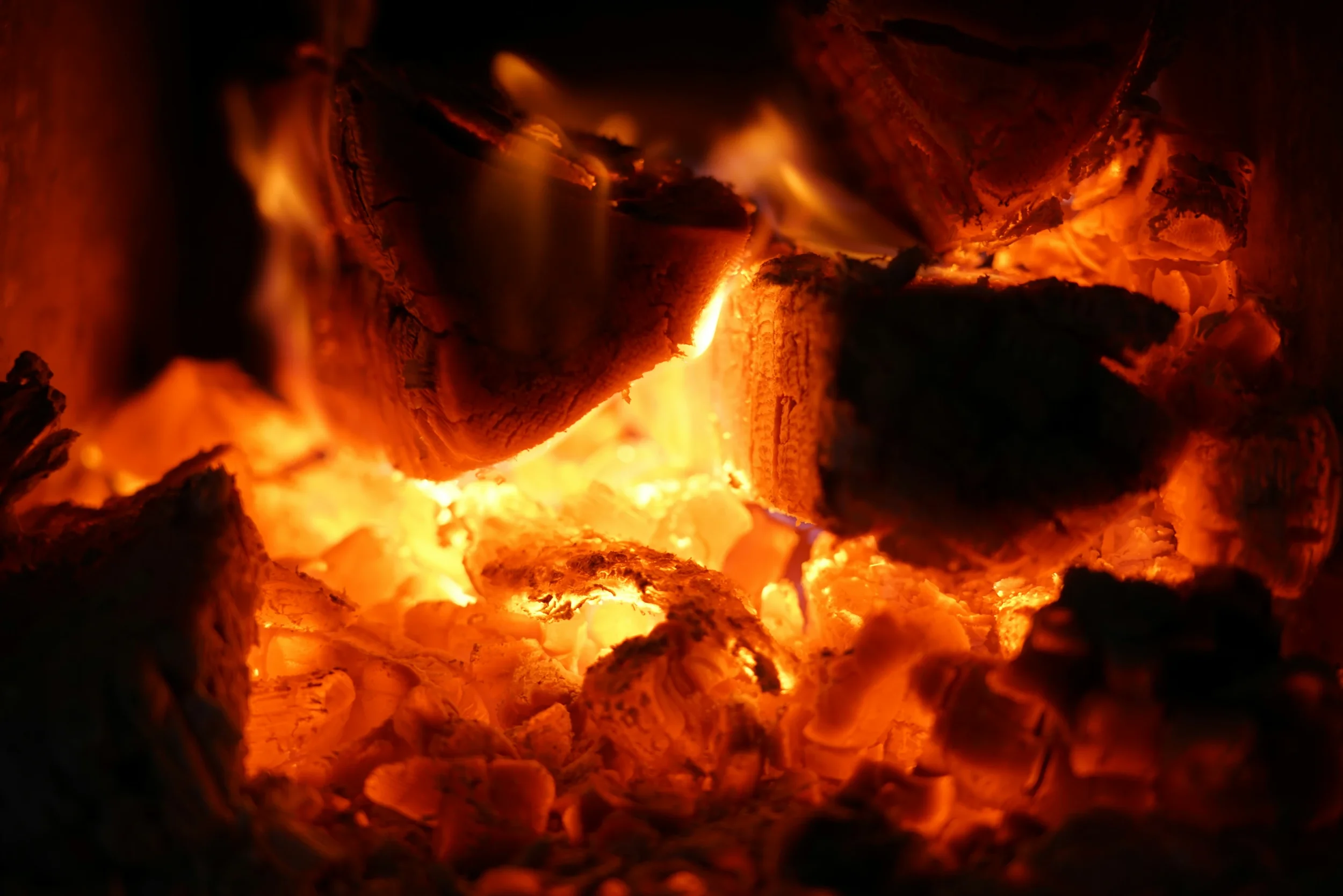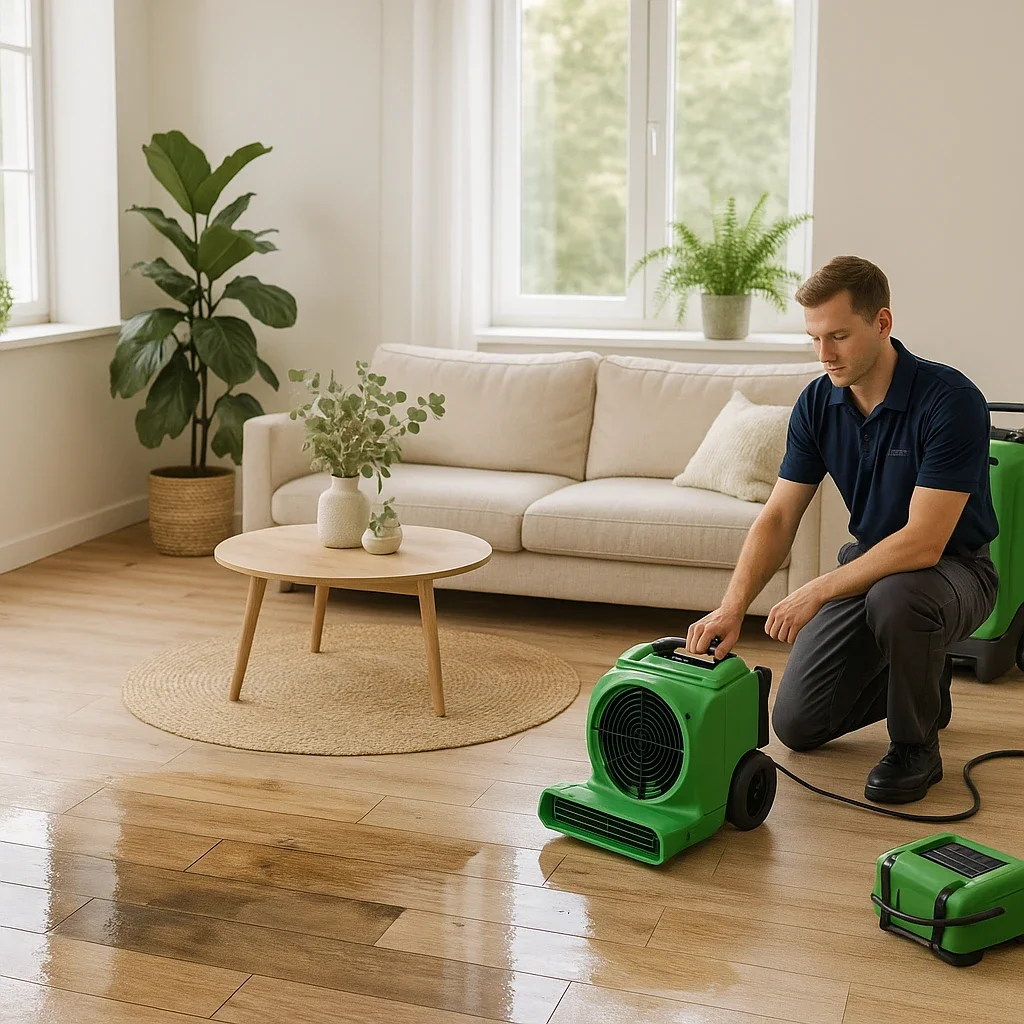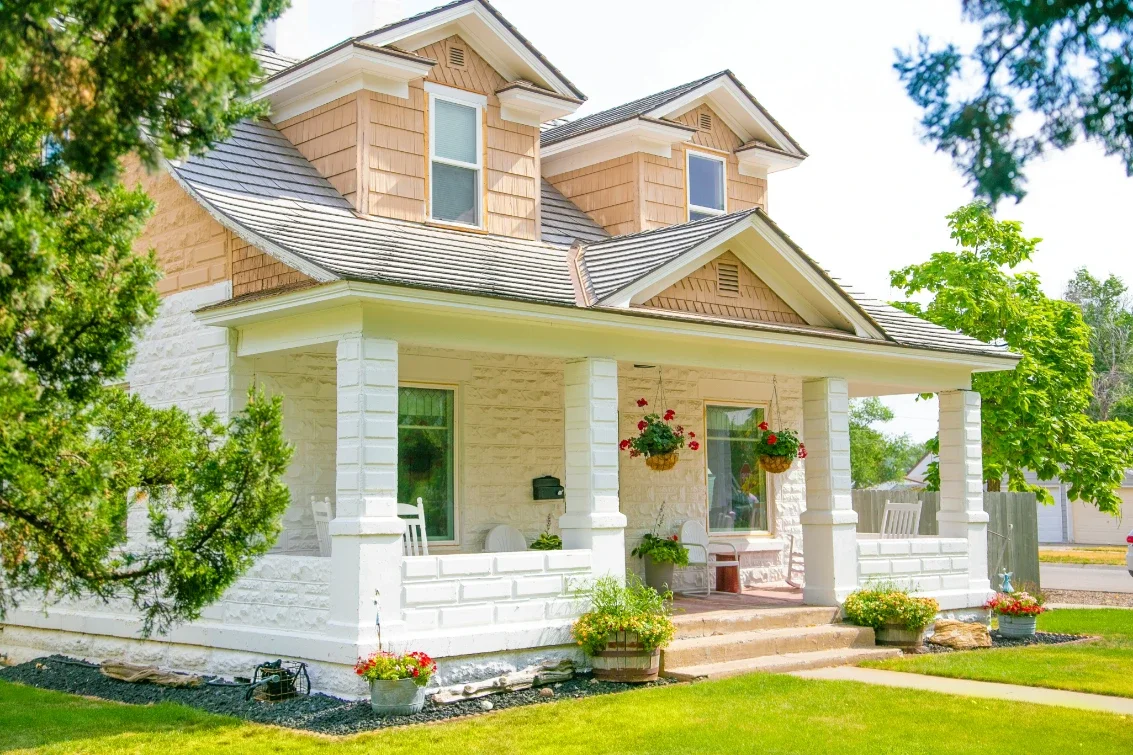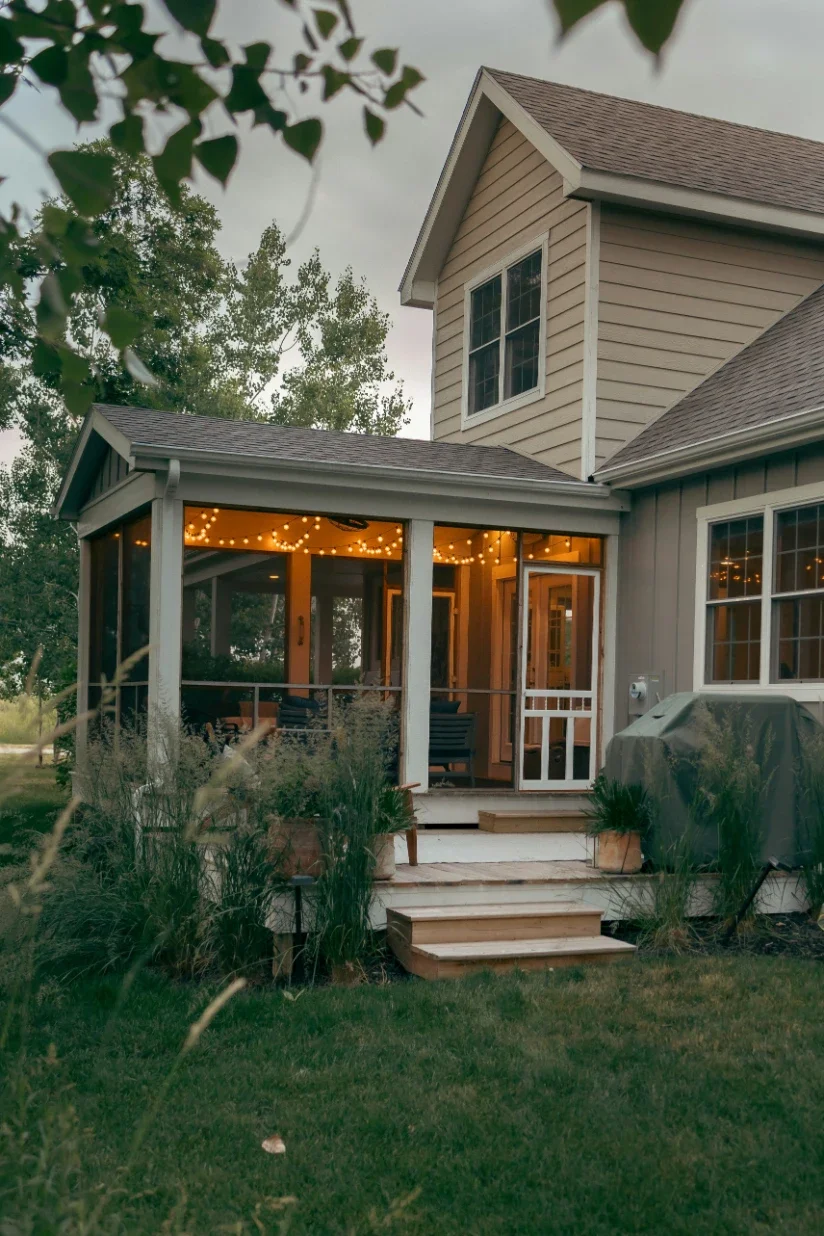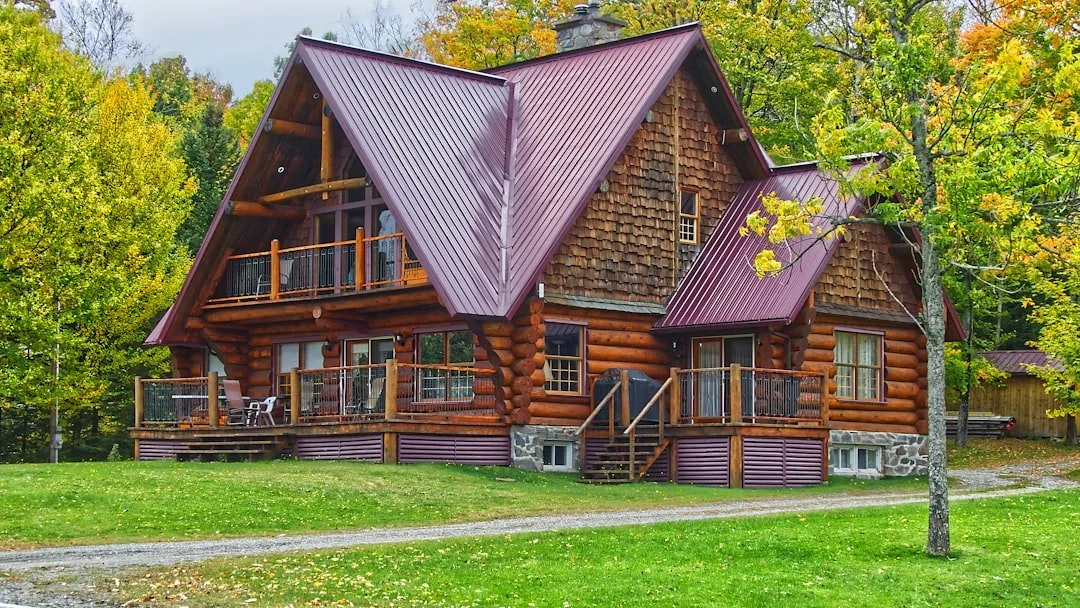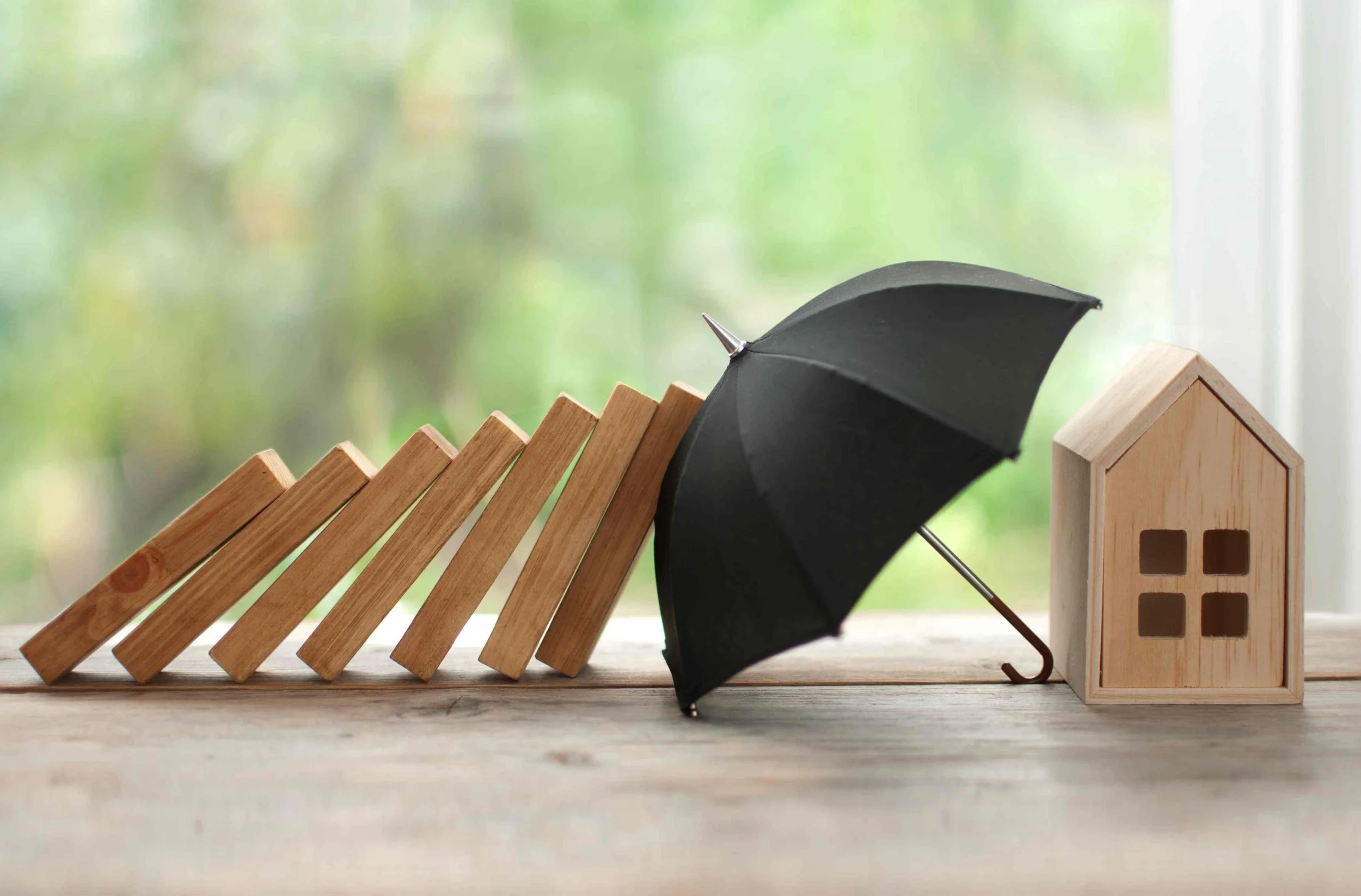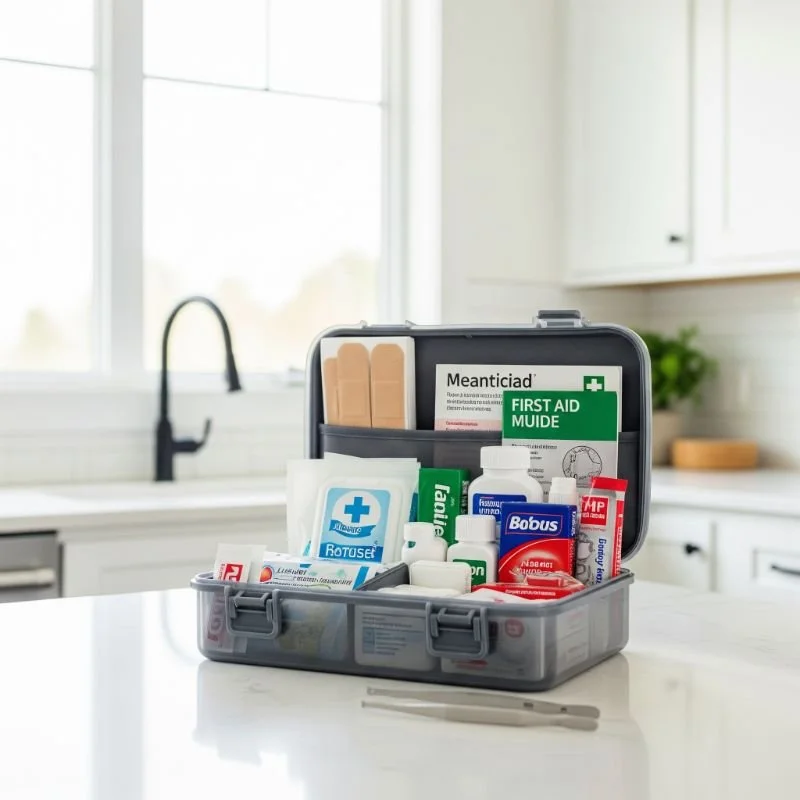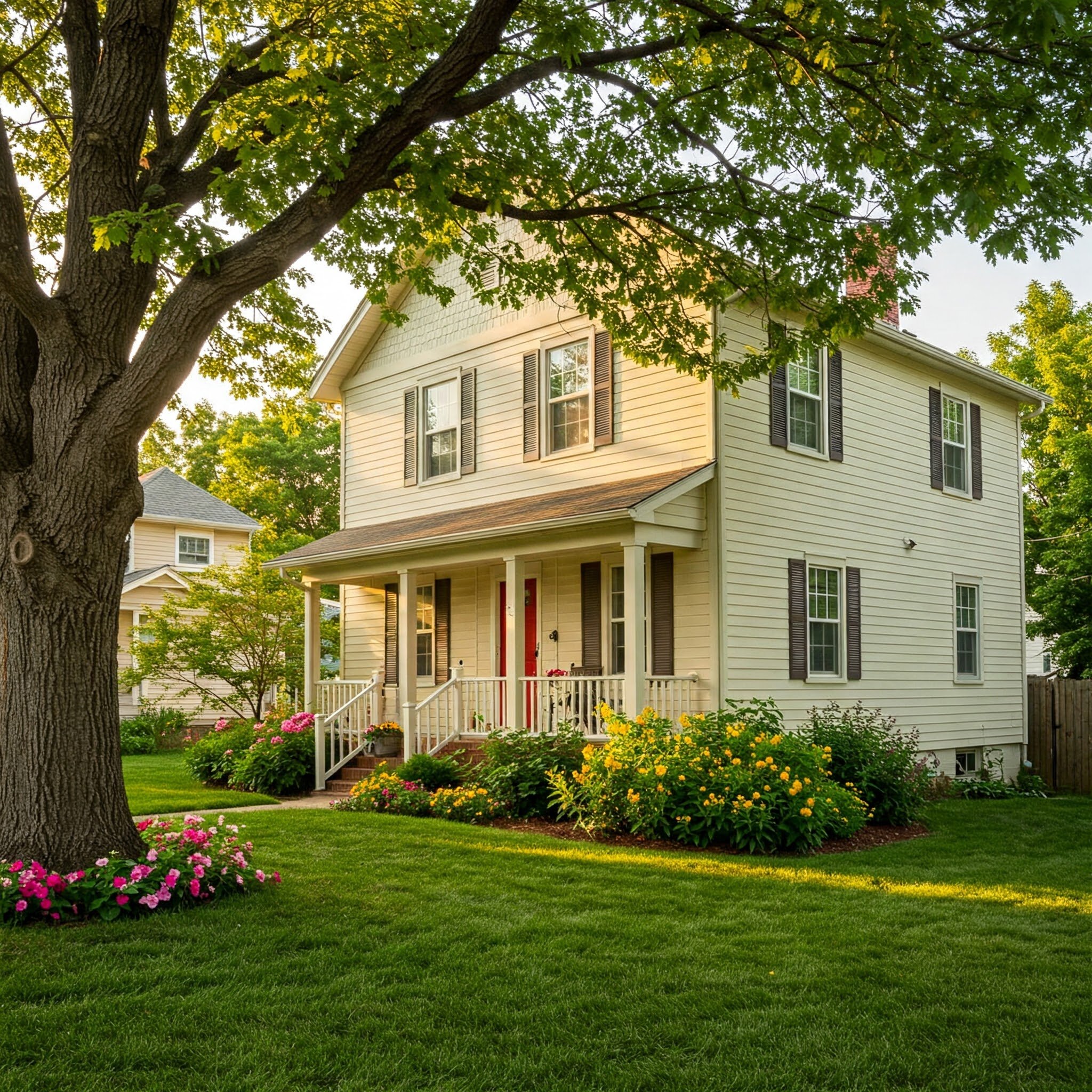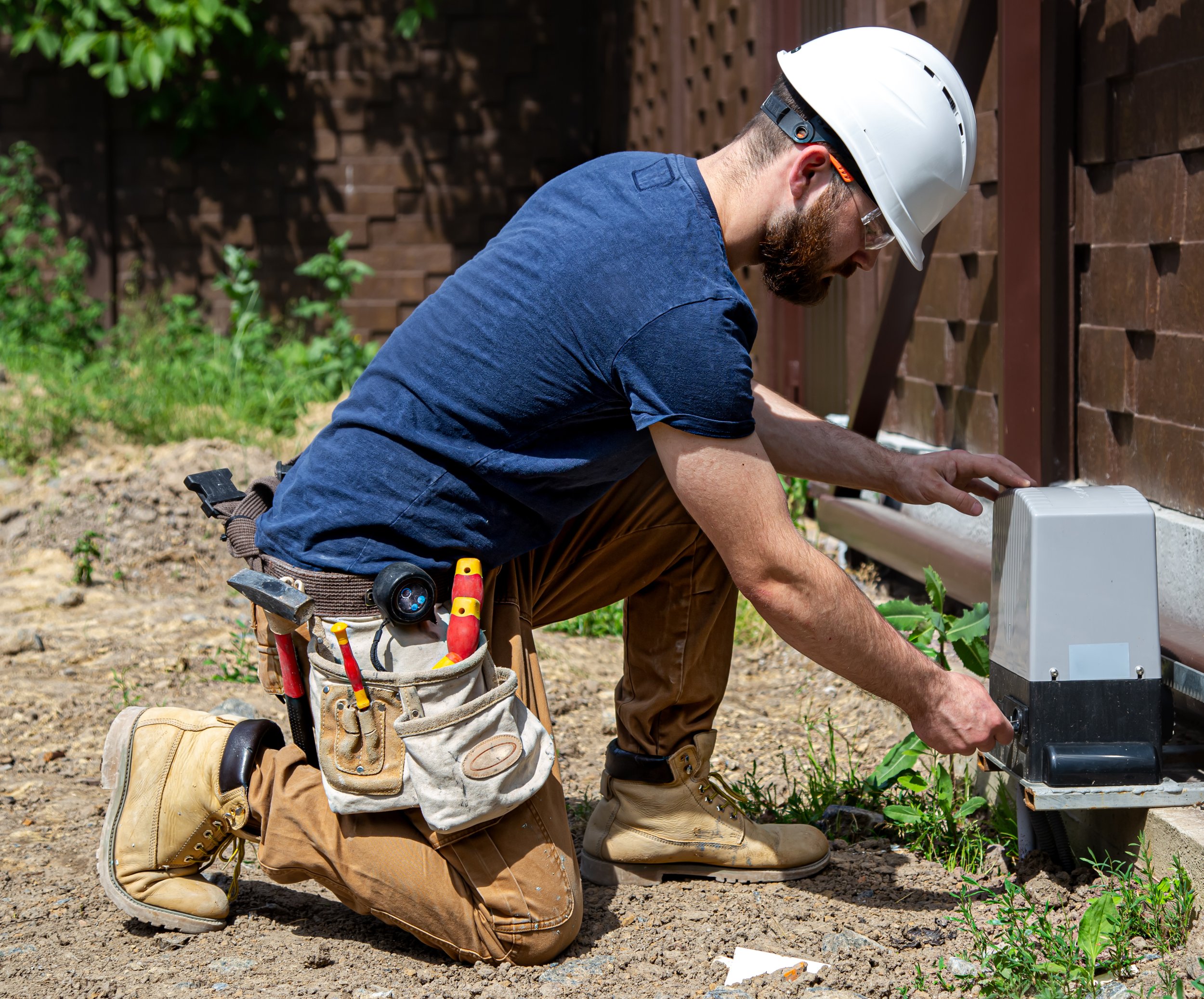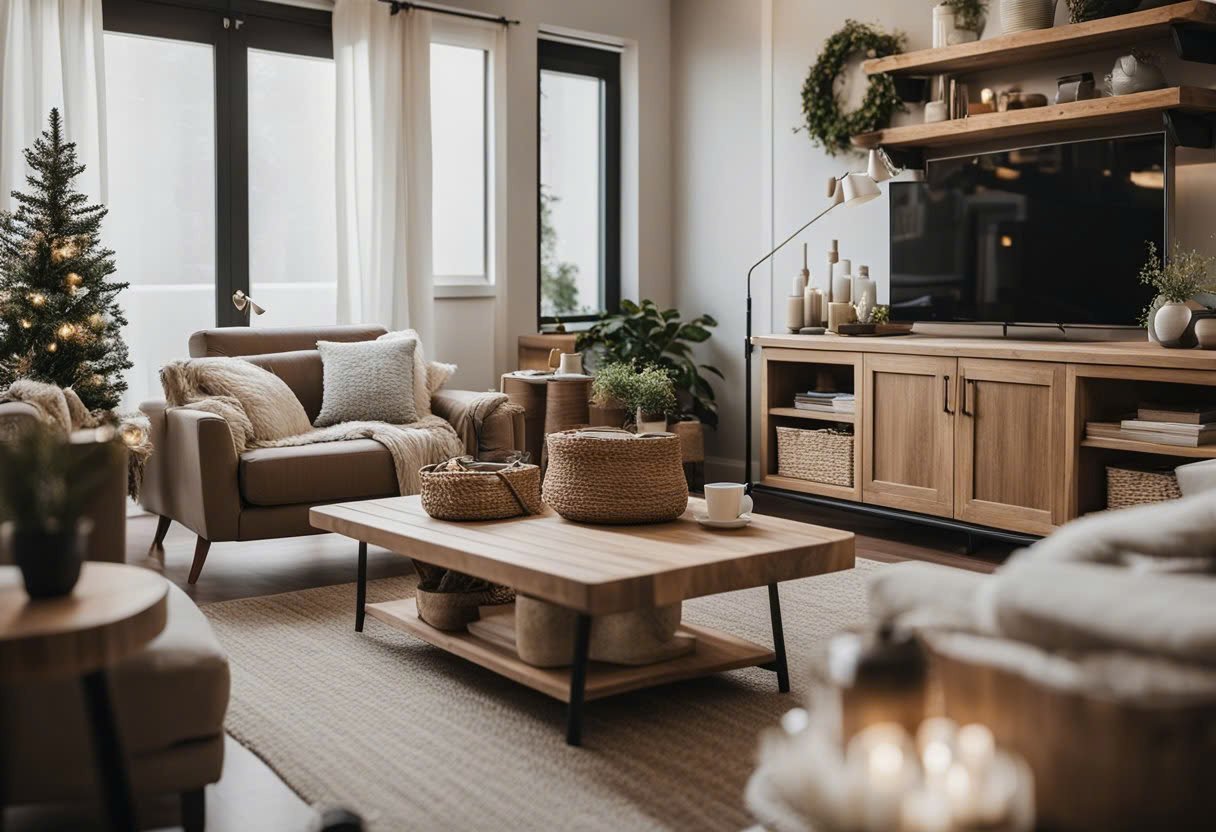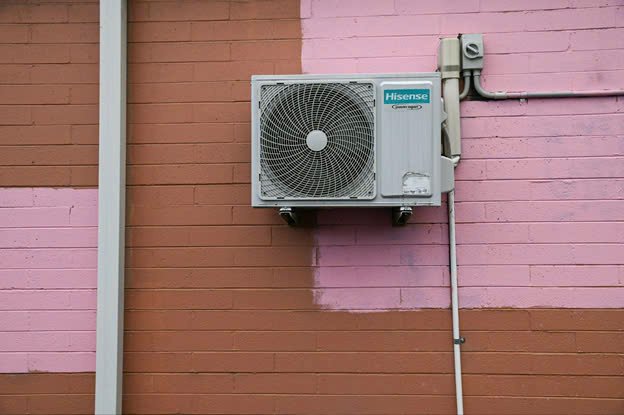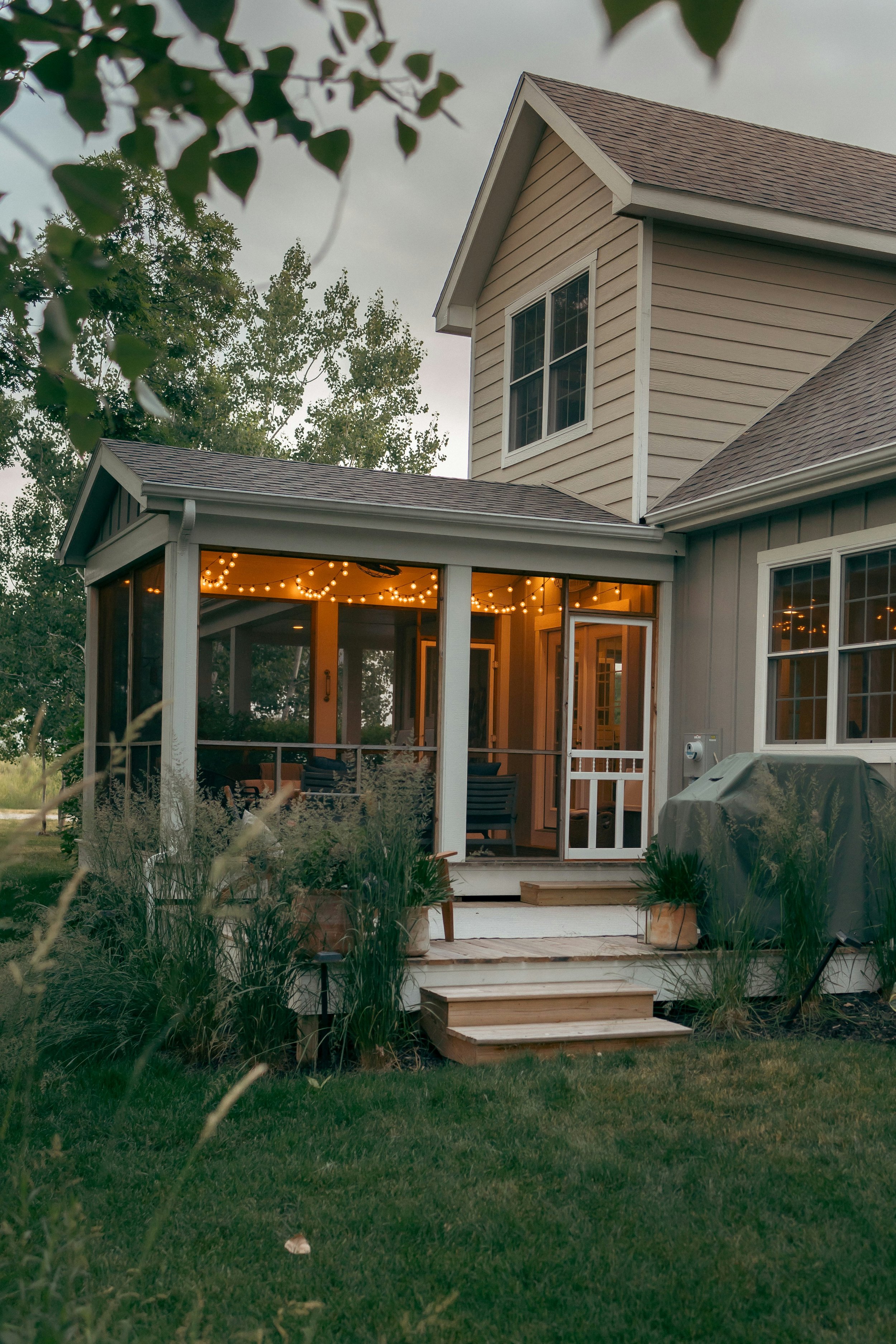Homeowners Insurance Benefits: What You Need To Know
Understand the key benefits of homeowners insurance, from property protection to liability coverage, and why it’s essential for every homeowner.
It's a wild world, and it can be vastly unpredictable. As a homeowner, you need to do all that is within your power to protect your investment. One of the approaches you can consider is insuring your home. But why exactly is this a good approach? What are the home insurance benefits up for grabs?
Coverage for Your Home
Most insurance companies have what is called "dwelling coverage." This protects the physical structure of your home; think roofs, walls and foundations.
So, what if a fire breaks out in your kitchen today? In any other situation, you'll have to dip into your pocket to fix it. A homeowners insurance policy does the work for you in this case.
But don't think it's that straightforward. There are perils that don't fall under automatic coverage. If you live in an area that's prone to earthquakes, floods or other natural disasters, you may need different policies.
You also need to be aware of the two different types of coverage. There's replacement cost, which pays to rebuild your home at today's prices, and then there's actual cash value, which factors in depreciation, making it cheaper. It all comes down to what you feel is better for you.
It's only right for you, as a homeowner, to have every base covered. What better way to do this than by accessing resources geared towards helping you make sense of homeowners insurance benefits or other such approaches on your property? These resources will help set you up with the right coverage for your property and get you the peace of mind even in the midst of chaos.
Personal Property Protection
Your personal assets hold a lot of value, which is why you need to protect that, too. Personal property coverage covers everything from your clothes to your couches, TVs, and even your tools in the garage. If a thief breaks in and steals the items, your insurance will reimburse you in line with the policy limits.
Take the "homeowners policy limits" part seriously because high-value items like expensive jewelry or art may be too expensive to replace with standard insurance premiums. You may want to add a rider or endorsement to have them fully covered. Ask your agent to clarify.
Personal Liability Protection
People will likely come to your home. They could be delivery drivers, maybe even a neighbor checking in. What happens when they get injured, maybe they trip over a garden hose and break an ankle?
They could sue for medical bills. If you have no liability coverage, you'll end up paying out of pocket. This policy pays for legal fees, settlements, or judgments up to your policy limit.
A close relative of liability protection is called medical payments coverage. This one doesn't depend on fault. If someone gets injured on your property, the insurance coverage will take care of their doctor's visit.
Additional Living Expenses (ALE)
Disaster may come at a scale that makes it untenable for you to continue living in your house. What, then, do you do when repairs are in progress? You may need to put up elsewhere. How do you fund this situation? If you have an additional living expenses coverage, you're in a good place.
Your home insurance policy will pay for a hotel room or the place you choose to stay, meals if you have to eat out, and other expenses. One thing to note, though, is that ALE typically has a limit. It could be a dollar amount or a percentage of your dwelling coverage. As always, check how much your policy offers.
Know This Before Taking up a Home Insurance Policy
It can, indeed, be life-changing to have insurance coverage. But it's not just about having one. It's about knowing exactly what to look for so the coverage works for you when you need it.
Policy Limits
Make sure your coverage limits are high enough. If your home costs USD$300,000 to rebuild, but your dwelling coverage is only USD$200,000, you’ll be stuck paying the difference out of pocket.
Deductibles
This is the amount you pay before your insurance kicks in. A higher deductible translates to a lower monthly premium, but if you file a claim, you'll pay more upfront. Choose a deductible you can comfortably afford.
Exclusions
Not everything is covered by default. Common exclusions include wear and tear, mold, and intentional acts (like damaging your own property). Read your home insurance policy carefully to understand what’s in and what's not.
Closing Thoughts
Getting the homeowners insurance policy benefits on your property isn't just a smart way to protect yourself in case disaster strikes. It's also a good way to have peace of mind in knowing that you're ready for anything.
However, don't just go for an umbrella option. Talk to an adjuster you trust. Given their experience, they can help you ensure you’re not overpaying or underprotected. They’ll also guide you through what’s covered by your homeowners insurance policy, what’s not, and any extra protections that make sense for your situation.
